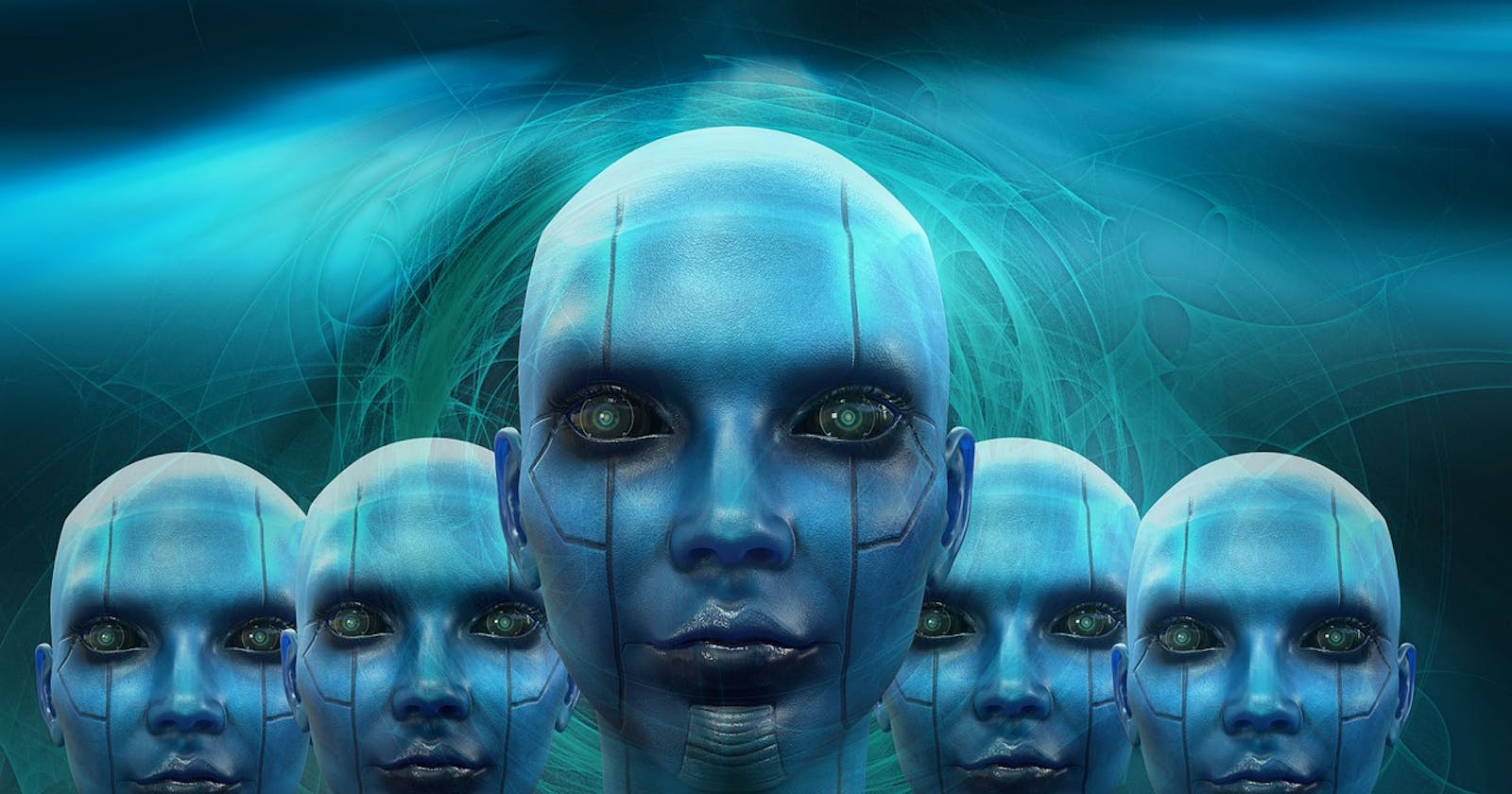Alphabet, the parent company of Google, and Microsoft are in a race to become the dominant player in the AI chatbot market with the recent launch of Google's "Bard" and Microsoft's announcement of a forthcoming AI product which is the inclusion of ChatGPT 4 on Bing and Microsoft Office.
Both companies aim to use AI technology to improve their respective search services, Bing and Google Search, which are significant sources of revenue for each company.
While both Bard and OpenAI's ChatGPT offer similar services, enabling users to receive human-like responses by inputting questions, requests, or prompts, there are some critical differences between the two.
What is the Difference?
Bard can incorporate recent events into its responses and draw on a broader range of information from the internet.
In contrast, ChatGPT is based on OpenAI's Generative Pre-trained Transformer (GPT) series of language models and has data access until 2021.
While ChatGPT 4 is set to get more information from the internet, including Bing, this remains an assumption as everyone is waiting to see what the final output would look like.
Bard is built on LaMDA, or Language Model for Dialogue Applications, and is currently only available for a select group of testers.
On the other hand, OpenAI made a free research preview of ChatGPT available for public use in November of last year.
Despite Bard's impressive skill in text generation, the claim of sentience made by a company engineer was widely dismissed by the technology giant and scientists.
In recent months, several tech companies have increased their focus on generative AI technology, while startups are independently working on their projects.
For example, the Chinese search giant Baidu is developing its own AI called Ernie. The competition in the AI chatbot market is heating up, and it remains to be seen who will come out on top.
It's worth noting that both Microsoft and Google's AI chatbots have the potential to revolutionize the way consumers search for information or create content on command, freeing up time for white-collar workers.
However, as with any new technology, there will likely be growing pains and challenges that arise as AI chatbots become more widespread.
One potential issue is the potential for AI chatbots to produce incorrect or nonsensical answers, as pointed out by OpenAI in a blog post.
Another deeper issue is the reliance on AI for truth and verifiable information when they can be trained wrongly or algorithm twisted.
Ensuring the accuracy and reliability of these technologies will be essential in gaining and maintaining public trust. There may also be privacy and security concerns as users input personal information and sensitive data into these systems.
Despite these challenges, the AI chatbot market is exciting as it develops and evolves. In the coming years, we will likely see a range of new and innovative uses for AI chatbots and a continued focus on improving their accuracy and reliability.
Whether it's Microsoft or Google that comes out on top, the ultimate winners will likely be consumers and businesses who will benefit from these technologies' convenience and efficiency.
Finally, it would be left for everyone to choose how they process or accept information from AI, as knowledge can be manipulated or controlled.
To read more insightful articles like this, subscribe to Learnhub Blog and follow us on Linkedin.

